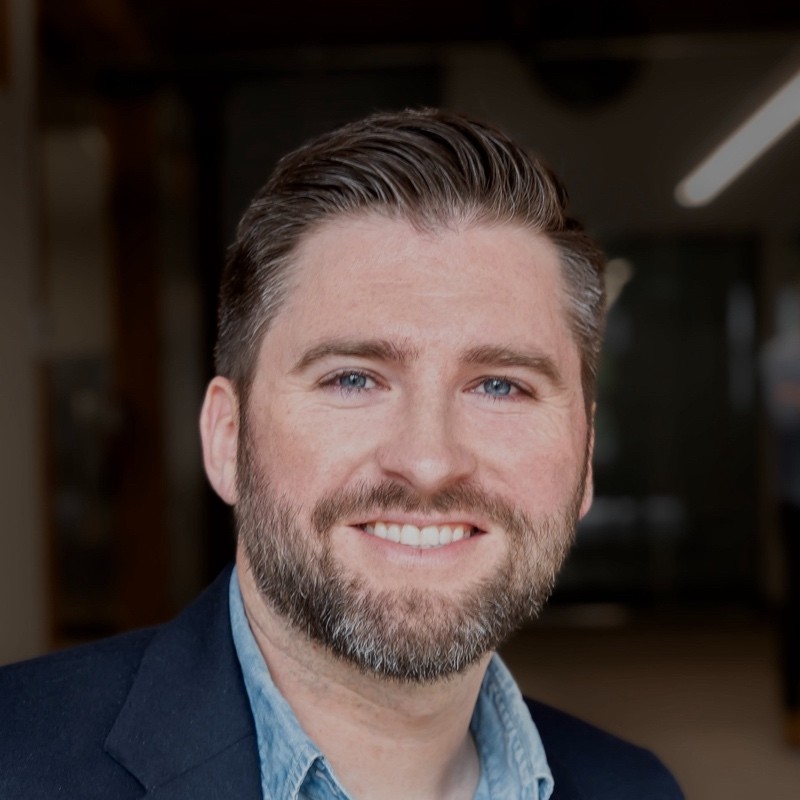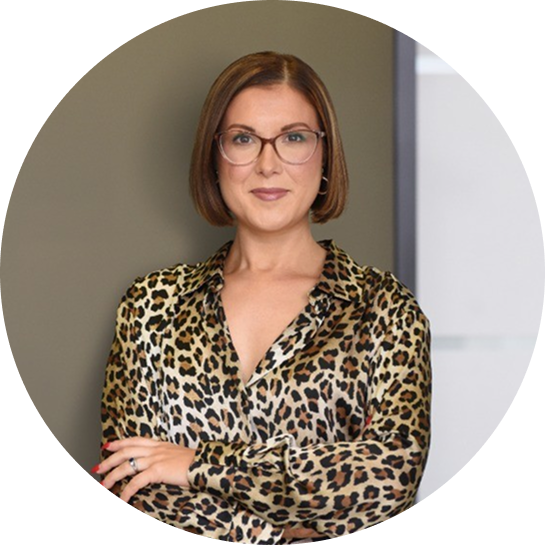
Legl

Dan Warburton
Dan Warburton has seen firsthand what happens when law firm leaders try to do it all, and what changes when they finally let go.
As a consultant to growing law firms and author of Delegate Now to Supercharge Your Profits, Dan believes the key to happier, more productive fee-earners lies in structure, clarity and support.
We recently spoke to Dan while creating our latest report: Under pressure: How fee-earners are balancing compliance, client expectations, and growth in 2025.
In this Q&A, he shares how firms can create a healthier culture, achieve better client outcomes, and stronger profits, all without burning out their team.
Q: What’s it like being a fee-earner today?
It depends on your role, but for many, it’s relentless. Associates are often assigned billing targets that are challenging (if not impossible) to meet. That makes it tough to prove their value to the firm and secure promotions.
If you can’t show your value to the firm, you can’t progress. It doesn’t matter how hard you work. If your output isn’t measurable, you’re invisible.
Partners aren’t exempt either. Many are still fee-earning themselves, while also trying to manage teams and grow the business. It’s easy to get stuck on a treadmill of work that never stops.
Q: Why do you think billing targets are often so unrealistic?
It’s partly tradition and partly greed. The legal sector has moved forward in many ways, but it’s still shaped by old habits. There’s a sense that the only way to show value is by billing, which creates pressure all the way down the firm.
There’s also a demand problem. Only a small percentage of the public can afford legal services, and there aren’t enough lawyers to go around. That scarcity means work is easy to win, but hard to manage well, especially if leaders won’t let go of work themselves.
Q: Are rising client expectations adding to the strain?
Definitely, clients want more than just legal advice; they want prompt responses, clear communication, and a seamless experience from start to finish. If they don’t get it, they’ll leave a bad review.
And in a digital-first world, those reviews matter. A single poor experience can put off dozens of potential clients. So even when fee-earners are stretched, they’re under pressure to keep clients happy, often without enough support.
Q: And all that’s before you factor in compliance…
Exactly. Compliance demands are rising, and firms can’t afford to get it wrong. But when fee-earners are already overwhelmed, adding more to their plate can push them closer to burnout.
The old model (where partners juggle everything) just isn’t sustainable. When leaders stay too involved in day-to-day work, it creates bottlenecks. Important business functions like client care, compliance and team development get squeezed out.
Q: Have you seen firms successfully ease the pressure on fee-earners?
Yes, and it usually starts with leadership. One of my clients, Habib, was working 13-hour days, couldn’t take holidays, and was still billing heavily. His team had unreachable targets, morale was low, and performance was patchy.
We started by lowering monthly billing targets from 140 to 100 hours and creating a proper leadership structure. Weekly firm-wide meetings, one-to-ones between department heads and team members, and consistent support turned things around.
Within three months, Habib had delegated all fee-earning work and stepped fully into a business owner role. His revenue may have grown by only 15% that year; however, he no longer needed to do any billable work and thus got his evenings and holidays back.
Q: What made that change work?
Two things: structure and support. We established a clear leadership framework, with realistic targets and consistent support. Crucially, we also made time for conversations about what people wanted. Not just professionally, but also personally.
When people feel heard and supported, they’re more engaged. The team stopped coming to Habib with problems. Instead, they started coming to him with solutions. He built a culture of ownership and trust, and the firm grew stronger as a result.
Q: Where does technology fit into all this?
It can be a game-changer, but only once you’ve got the people side right. You can run rather outdated tech with a great team and still succeed. But great tech won’t fix a dysfunctional culture.
Once the right processes and mindset are in place, tech can help refine and scale. For example, automating onboarding and ID checks can free up hours of admin time. However, the biggest gains come when tech supports a clear, well-functioning team that operates on top of agreed-upon processes.
Q: Do you see any big changes ahead for fee-earners?
AI will be one to watch. It’s not ready to take over legal work, but it’s creeping into every tool we use. Eventually, it’ll be embedded in the systems and processes that firms rely on day-to-day, improving workflows and reducing manual input.
But AI isn’t a silver bullet. The biggest shift will come from leaders changing how they run firms. They need to move away from the idea that fee-earners just need to bill more and towards a culture where people are supported to work sustainably, grow professionally, and deliver great client outcomes.
Q: What’s the most important thing firms can do to support fee-earners?
Treat them as people, not just employees. Shift your mindset from “I pay you to do a job” to “I’m mentoring you to succeed.” Ask them what they really want, both professionally and personally, and work with them to make it possible.
I’ve seen firms unlock huge engagement and performance by doing this. One fee-earner wanted to travel across India, so we built a plan to help him hit his targets early and hand over responsibilities for a month. Another wanted to become a partner, so we set out a clear, supported path to help them get there.
When people feel like their goals matter, they’ll go above and beyond.
Q: Any final advice for firm leaders trying to build a healthier, more successful team?
Stop trying to fix everything by working more hours and setting higher targets. Instead, focus on building a strong culture, set clear and manageable targets, and provide meaningful support. When people feel trusted, heard, and equipped to succeed, they’ll deliver. And they’ll stay.
It’s not about driving output. It’s about investing in your people and creating an environment where they can thrive.
Final thoughts
Dan’s advice is a timely reminder: success in law firms doesn’t come from working longer. It comes from working smarter and working together. Supporting fee-earners to grow, thrive, and deliver their best work boosts both morale and the bottom line.
For more expert insights on how law firms are navigating 2025’s biggest challenges, read the full report: Under pressure: How fee-earners are balancing compliance, client expectations, and growth in 2025








.svg)
.svg)








